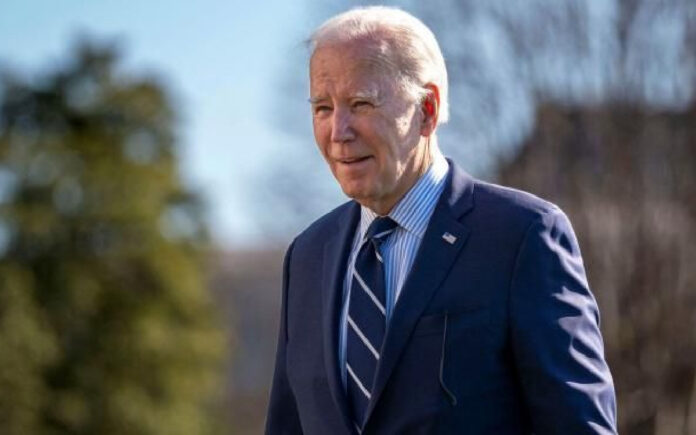Washington, D.C.: President Joe Biden has enacted a ban on Russian enriched uranium imports to the US, a strategic move aimed at disrupting President Vladimir Putin’s actions in Ukraine. However, the effectiveness of the ban may be undermined by potential waivers, complicating its enforcement.
This ban is of paramount importance given Russia’s status as the world’s largest supplier of enriched uranium. Approximately 24% of the fuel used in US nuclear power plants originates from Russia.
Scheduled to commence in approximately 90 days, the ban allows the Department of Energy to issue waivers in cases of supply shortages. Additionally, the legislation signed by President Biden unlocks $2.7 billion in funding to bolster the US uranium fuel industry.
Jake Sullivan, the national security adviser, emphasized the significance of the legislation in enhancing energy and economic security. He stated that the law aligns with multilateral objectives and commitments made with allies such as Canada, France, Japan, and the United Kingdom to invest in uranium enrichment and conversion capabilities.
Also Read | US Secretary of State Blinken Arrives in Ukraine Amid Escalating Tensions with Russia
However, concerns arise regarding the effectiveness of the ban, particularly in light of the waiver system. Reports suggest that companies with existing contracts for enriched uranium from Russia may continue imports by demonstrating a lack of viable alternative sources or emphasizing national interest.
If waivers are implemented by the Energy Department, Russian uranium imports to the US could persist until 2027, according to Reuters.
Also Read | Lok Sabha Elections 2024: PM Modi Files Nomination from Varanasi, Seeking Third Term
Russia’s ambassador to the United States, Anatoly Antonov, expressed surprise at Washington’s decision, dismissing its potential impact on global economic relations. Nevertheless, he emphasized the disruption to the balance between uranium exporters and importers.
The introduction of waivers raises questions about the practical efficacy of the ban, highlighting potential challenges in its enforcement and effectiveness as a deterrent against Russian actions.



